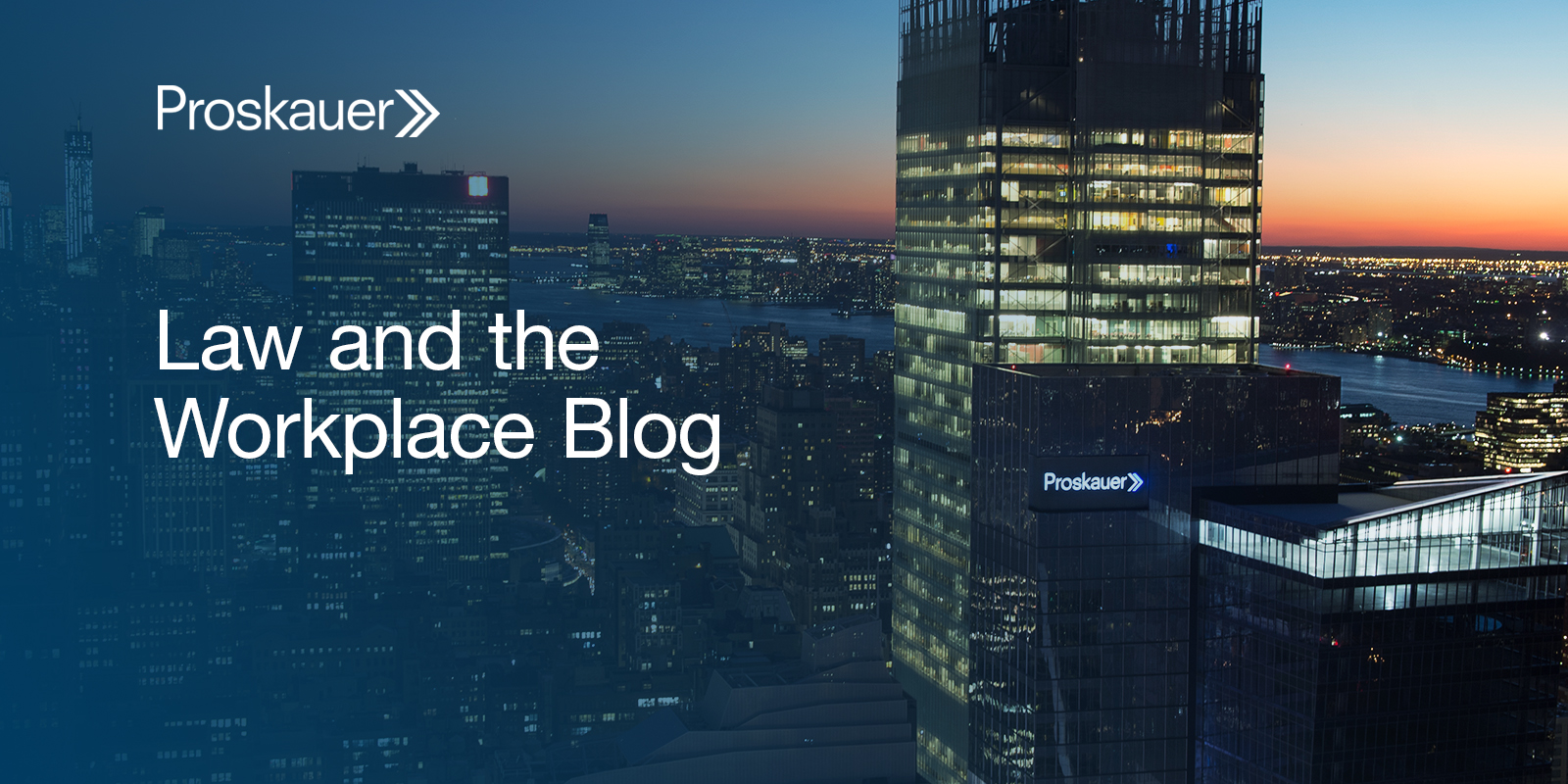The Digital Markets Act: In Search of a Level Playing Field?
The Digital Markets Act entered into force in November 2022 and the bulk of its provisions will start applying in all Member States from 2 May 2023. With this European Union Regulation, a wide range of obligations and prohibitions arise for companies designated as gatekeepers by the European Commission. These rules are intended to ensure contestability and fairness in digital markets, and therefore to achieve a level playing field.
Covered by the gatekeeper label will be companies i) with a significant impact on the internal market; ii) providing a core platform service that acts as an ‘important gateway’ for business users to reach end users, and iii) enjoying an entrenched and durable position in their operations (or, in the case of an “emerging gatekeeper”, expected to benefit from it in the near future).
Despite the openness or apparent vagueness of these criteria, the DMA provides for several presumptions based on thresholds relating either to the annual turnover and market capitalisation of the company or to the number of its active users in the Union. Besides, while these thresholds allow for a “straightforward” designation, companies falling below them can still be designated as gatekeepers, following a market investigation, suggesting that they qualify.
In either case, gatekeepers will be required to comply with a set of rules and will be prohibited from engaging in conduct such as combining personal data from different core platform services; preventing professional users from offering the same products or services to end users through third party online intermediation services or through their own direct online sales channel at prices or under conditions different from those offered through the gatekeeper’s services or, furthermore, to treat more favourably, in ranking and related indexing and crawling, services and products they offer themselves as compared with similar services or products of a third party.
In addition to the prohibitions, the Regulation further sets out the behaviour that is required of the gatekeeper, including, by way of example: to allow and technically enable end users, either to easily un-install any software applications on the operating system of the gatekeeper or to install and effective use third-party software applications or software application stores using, or interoperating with, its operating system.
To those who have closely followed the investigations of the European Commission and national competition authorities in recent years, the obligations set out in the DMA are nothing new. On the contrary, practically each of them can be linked to specific cases and investigations (especially on abuse of dominant position), involving some of the technological giants, such as Google, Amazon or Facebook (Meta).
And herein lies the major criticism that can be directed at this Regulation: the fact that it seeks to regulate digital markets (already a difficult goal in itself), through the generalisation of concrete cases, now applied in a one-size-fits-all approach that disregards the particularities of the different business models of companies providing core platform services.
What’s more! The designation process itself, based on thresholds related to the company’s “economic power” lays on the presumption that “big is necessarily bad” and a partial vision of digital platforms (all of them!) as necessarily evil. Besides confusing greatness with the quality of a “gatekeeper”, this circumstance risks producing a chilling effect on innovation. It should be noted, in addition, that it is not even possible for the designated company to prove the efficiency(ies) arising from a specific type of practice, or to rule out the proportionality or reasonableness of the enforcement of a certain obligation (and to a certain extent), in light of legitimate interests, such as the integrity, security and privacy of its services (which are only subject to consideration by reference to a limited set of obligations).
Of course, ex ante regulation has many advantages… even in light of the feeling of “failure” by competition rules and conceptual frameworks. Nevertheless, the “simplistic” logic on which the DMA is anchored, although friendly towards speed, efficiency, and legal certainty while, perhaps, facilitating actions for damages, leaves the scales very unbalanced. Especially with regard to the freedom to conduct a business as a fundamental right (regardless of wealth or economic power), and the protection of the rights of defence and the guarantees of due process under the rule of law.
With great power comes great responsibility. There is no doubt about it… Yet it is important that the regulatory framing of power be contained within adequate and proportional frameworks. This is all the more important as it cannot be ignored that those that seem to be “only” costs for companies may always, and in a rebound effect, represent enormous and avoidable social costs (for society as a whole).
______________
* This text is the English translation of an article published in the Portuguese magazine ‘Distribuição Hoje’, a bimonthly magazine (issue January / February 2023), see the original post here.




